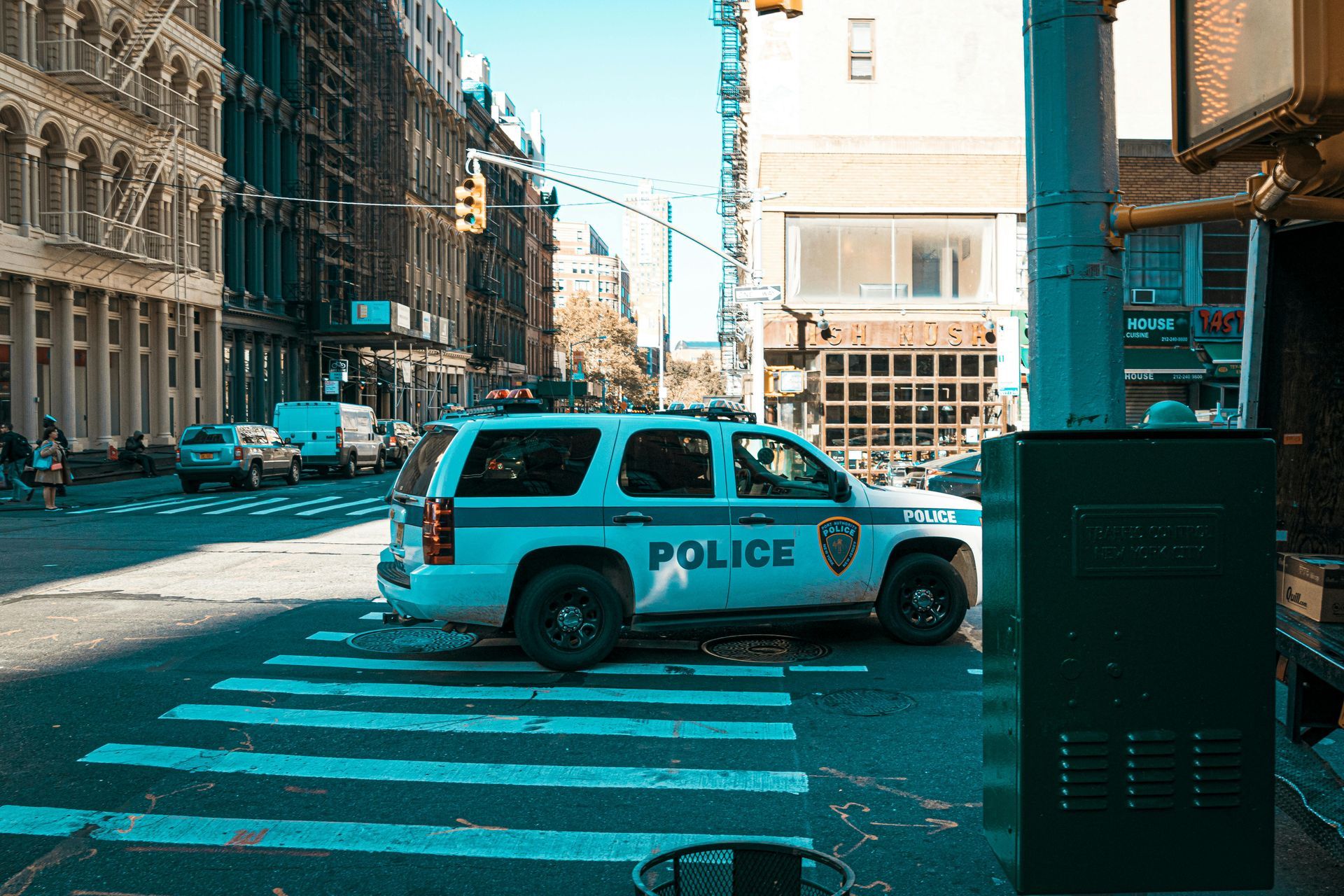Understanding Disclosure Laws in Illinois Real Estate Sales
Understanding Disclosure Laws in Illinois Real Estate Sales
When buying or selling property in Illinois, it's essential to understand the state's real estate disclosure laws. These laws exist to protect buyers from hidden defects while ensuring sellers fulfill their legal responsibilities. At Daniel G. Berry, Attorney at Law, we help clients throughout Chicago navigate these requirements with confidence.
What Is the Illinois Residential Real Property Disclosure Act?
The Illinois Residential Real Property Disclosure Act (765 ILCS 77/) requires sellers of residential real estate to disclose known material defects. This includes both physical problems—such as a leaking roof or foundation cracks—and environmental issues like lead paint, radon, or asbestos. The law applies to residential property sales, including single-family homes, condos, and small multi-unit buildings (up to four units).
The seller must complete a standard disclosure form and provide it to the buyer before a binding contract is signed. This form covers 23 questions about the condition of various aspects of the property, including structural integrity, plumbing, HVAC, and electrical systems.
What Must Be Disclosed?
Sellers are required to disclose known defects, which means they must reveal issues they are aware of—but they are not expected to conduct an inspection. Common disclosure items include:
- Water leakage or flooding in the basement
- Termite or pest infestations
- Problems with the foundation or roof
- Environmental hazards such as lead-based paint, mold, or radon
- Boundary or zoning disputes
- History of property damage from fire or natural disasters
If a seller fails to disclose known issues, they could be held liable for fraud or misrepresentation, and the buyer may be able to cancel the sale or pursue damages.
Exemptions from Disclosure Requirements
Some transactions are exempt from the disclosure requirement. These include:
- Transfers due to court order (e.g., divorce or foreclosure)
- Transfers from one co-owner to another
- Transfers between spouses or to children
- New residential construction that has never been occupied
Even if a transaction qualifies for an exemption, honesty and good faith remain crucial to avoid potential legal disputes.
Why Legal Guidance Matters
Failing to comply with Illinois disclosure laws can result in serious legal consequences. Sellers could face lawsuits, financial liability, and delayed closings. Buyers who discover undisclosed defects after closing may be left with costly repairs and limited legal options.
At Daniel G. Berry, Attorney at Law, we provide legal assistance to the Chicago public by:
- Reviewing disclosure forms for accuracy
- Advising sellers on legal obligations
- Helping buyers understand their rights
- Handling disputes related to non-disclosure
Conclusion
Whether you're buying or selling a home in Illinois, understanding and complying with disclosure laws is vital. With the right legal guidance, you can ensure a smooth and legally sound real estate transaction. Contact Daniel G. Berry, Attorney at Law to discuss your situation and protect your interests throughout the process.










